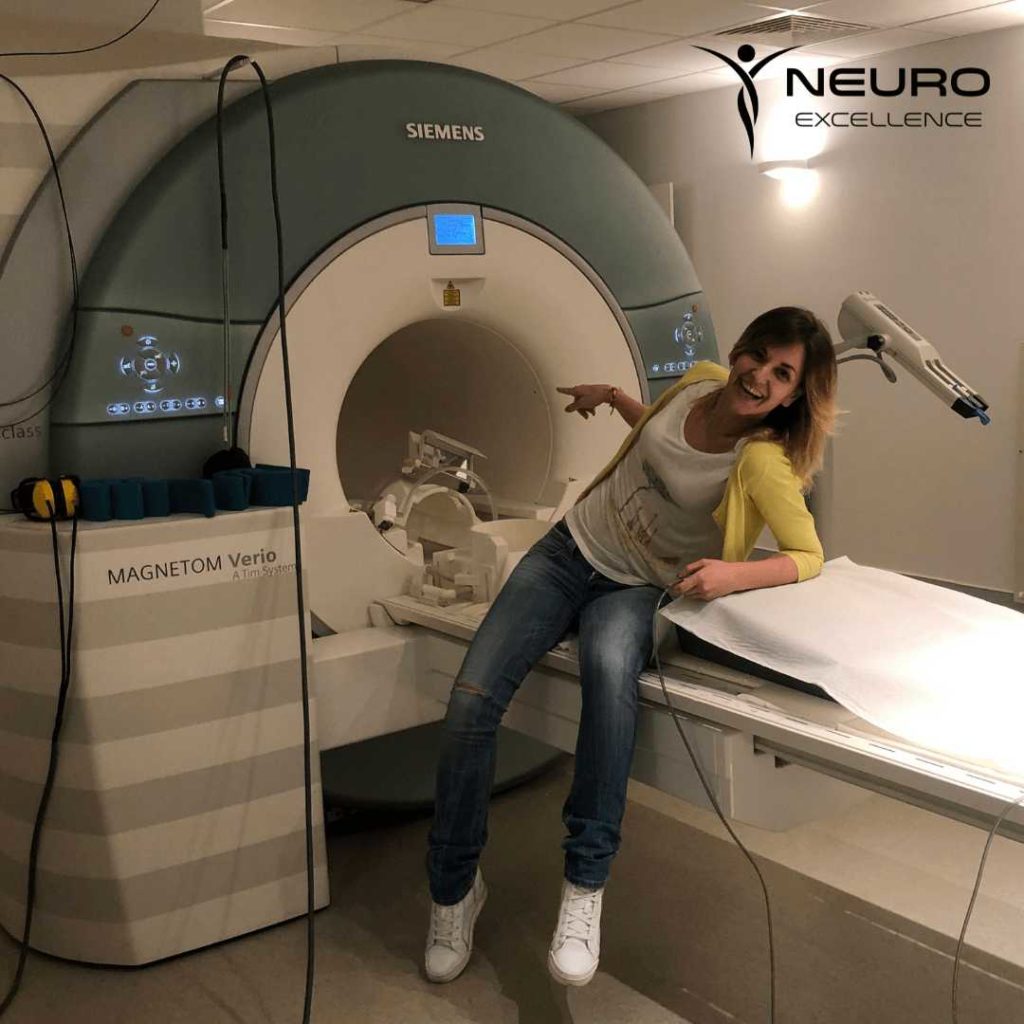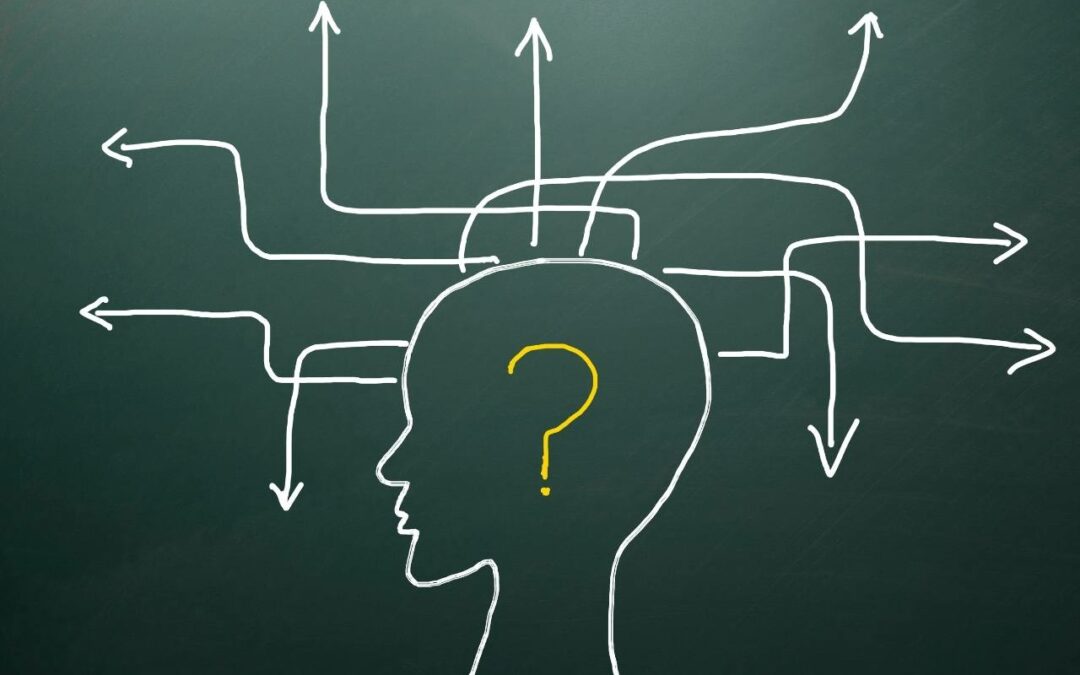When empathy disappears, conflicts arise!
Discover how to manage your brain to resolve any type of conflict.
Empathy is at the foundation of our relationships. As soon as we see someone in pain, our brain activates the pain pattern, and we feel pain for the other person.
However, this natural mechanism deactivates when we enter into conflict with someone. Take the test. Think of a person you are in conflict with. Imagine them experiencing pain. What do you feel?
…
Pleasure? It’s possible. It may not be to that extent for you, but one thing is certain: you do not feel their pain as you would if it were a loved one.
It has been scientifically proven that our brain disables its empathy as soon as it perceives someone as being different from oneself.

This biological reality is at the core of our conflicts and the feeling of loneliness. Yes, our brain is responsible for most of our problems. The good news is that by understanding how our brain works, we can change our reality.
So, do you want to know if it’s possible to recreate empathy when it’s no longer present?
Tool:
You have a simple tool that helps you create empathy and resolve conflicts. It’s about guiding your brain to see that your opponent is like you.
Start by identifying what you judge in them. Name it. For example, “He is arrogant,” “He takes up all the space,” “He doesn’t listen,” etc. Ask your brain, “When do I act like him?” Let it find the answer. If it replies, “Never,” remember that our brain lies and prompt it to continue searching until you find a situation where you exhibited the same behavior. End the exercise by telling yourself, “He is… LIKE ME,” and feel what that brings you.
To delve deeper into self-mastery, contact me, and I will share solutions to overcome your brain’s limitations.
Enjoy practicing your full potential!
Neuroscience for Your Excellence.






